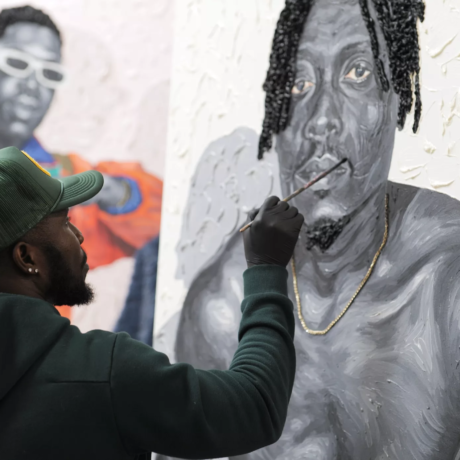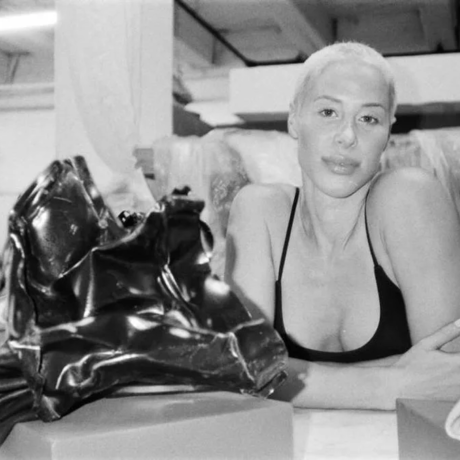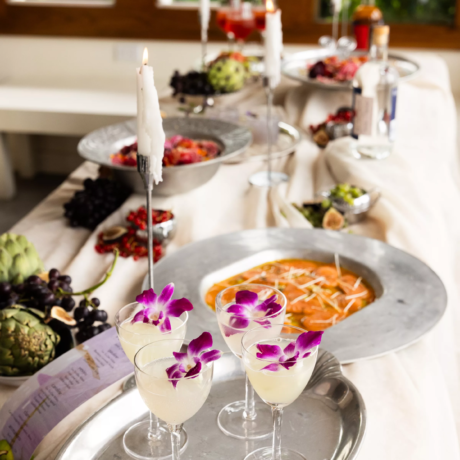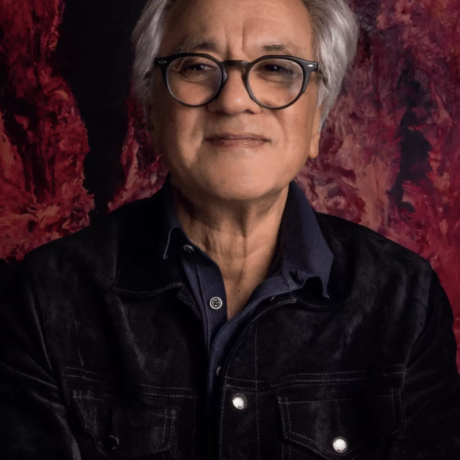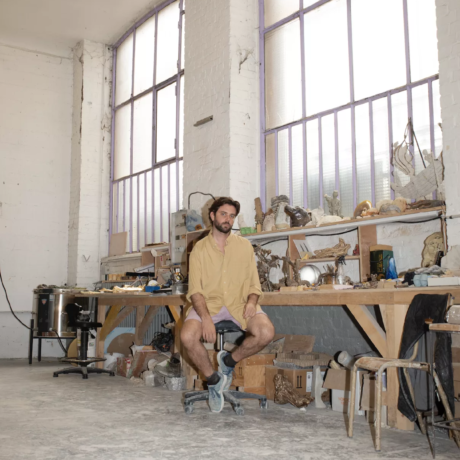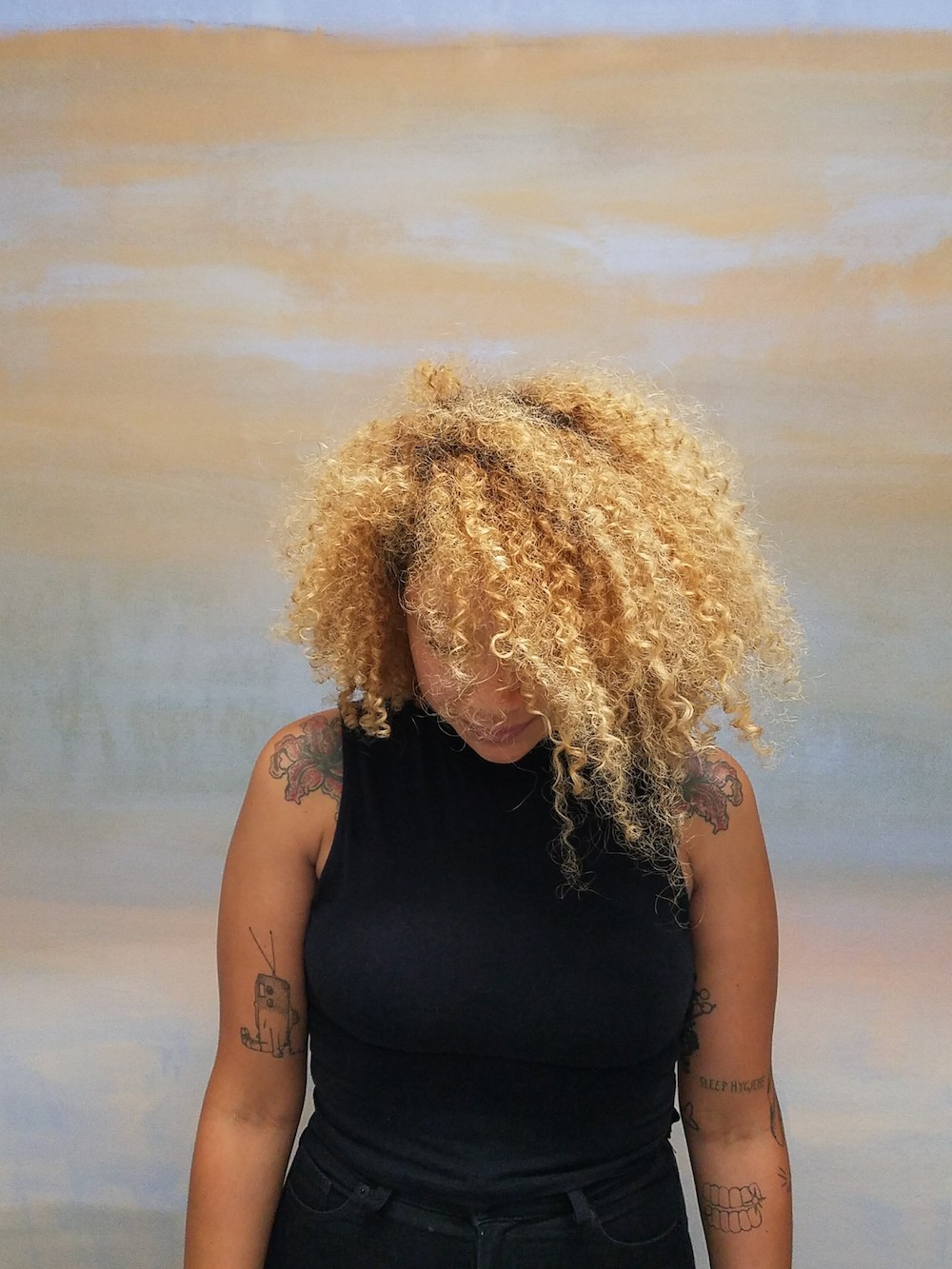
GeoVanna Gonzalez—artist and curator based in Miami
“International Women’s Day is an opportunity to honour the women who have been at the forefront of fighting against gender inequality, and bringing solidarity through physical, spiritual, and virtual outlets. It is a day to reflect on the work that still remains, knowing that many women continue to be unheard, excluded from civil rights as institutional and government practices are both progressing and regressing. IWD is a day to continue to protest against discrimination and inequities in education, economics, and legal rights in society. It is a day to remind us to look beyond our borders, our bodies and race, and to think about how we can make future progress daily.”
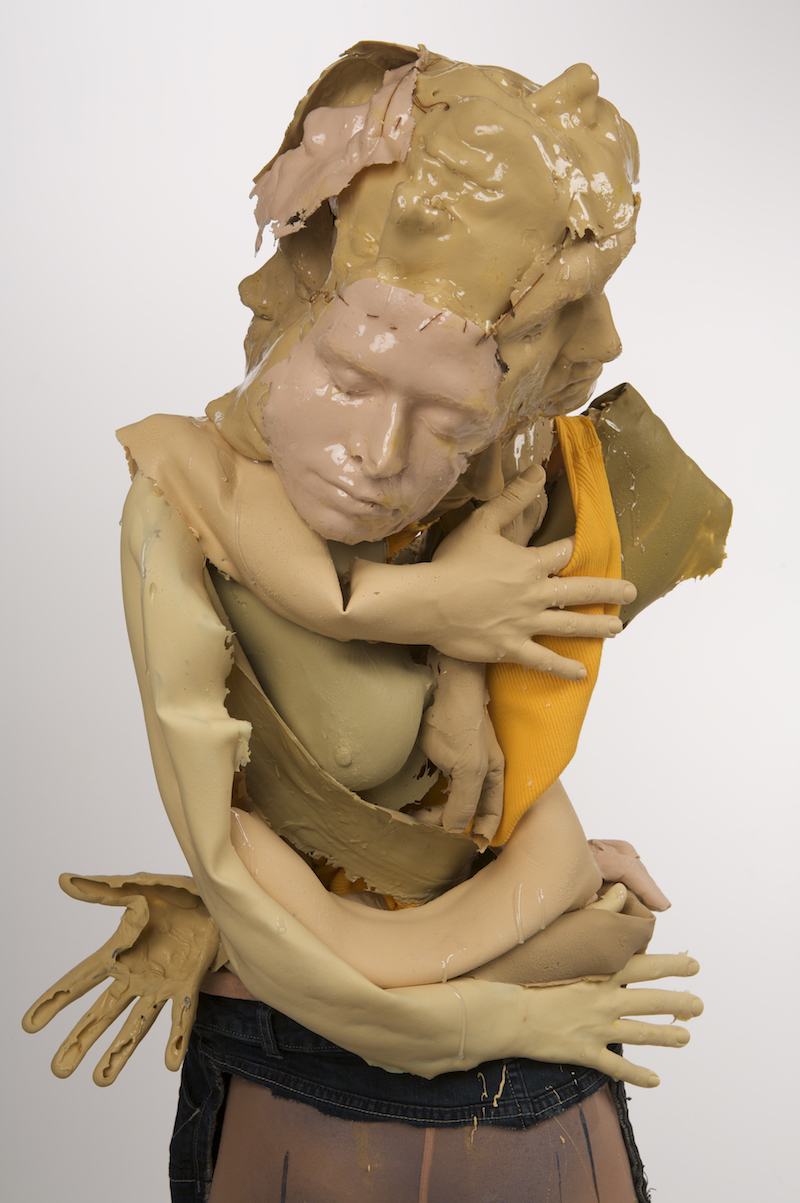
Lizzie Fitch—artist based in Ohio
“The fact that there is still so much basic work to be done for women across the world makes me fundamentally angry. I feel ambivalent about institutionalized celebrations of women, the way they can tend toward focusing around a generic construct, almost from a defensive posture. But solidarity with others’ experience who are part of a shared struggle, in the past and the future, is really necessary for creating a more imaginative reality. And we have had to work hard for recognition so it’s important to find ways to celebrate that.”
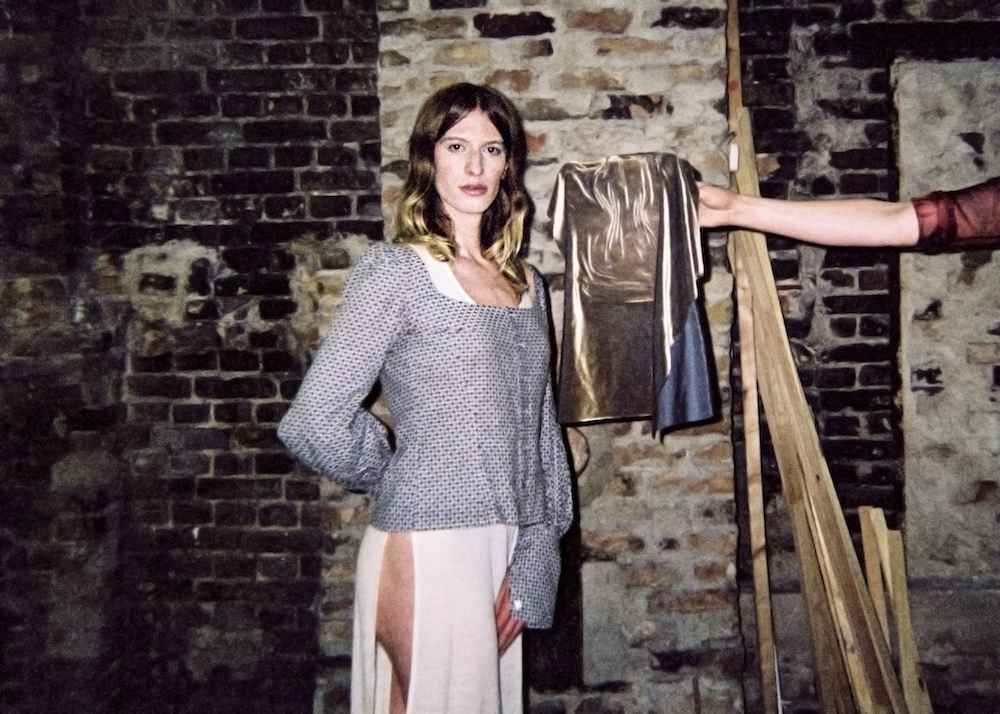
Lyra Pramuk—singer, composer-producer, and performance artist based in Berlin
“International Women’s Day has always stood to me as a strong marker for the strength of womanhood, a day in the year to reflect on all that women have survived, changed, and will continue to change. I spent most of my life honouring this day from a distance and with reverence to all the women in my life. As I have come into my own womanhood, I have slowly started to register myself as part of this group. I like to remember the historical privilege and whiteness of the Women’s Movement that continues to this day. I am especially skeptical of a Women’s Day that does not include the full breadth and scope of womanhood viewed through an intersectional lens. Black, trans, disabled, poor, Latinx, and indigenous women all need to be heard, respected and welcomed in order for any such movement to function, or even, really, to exist. I think International Women’s Day should be about multiplicity: the power of difference in each woman’s story.”
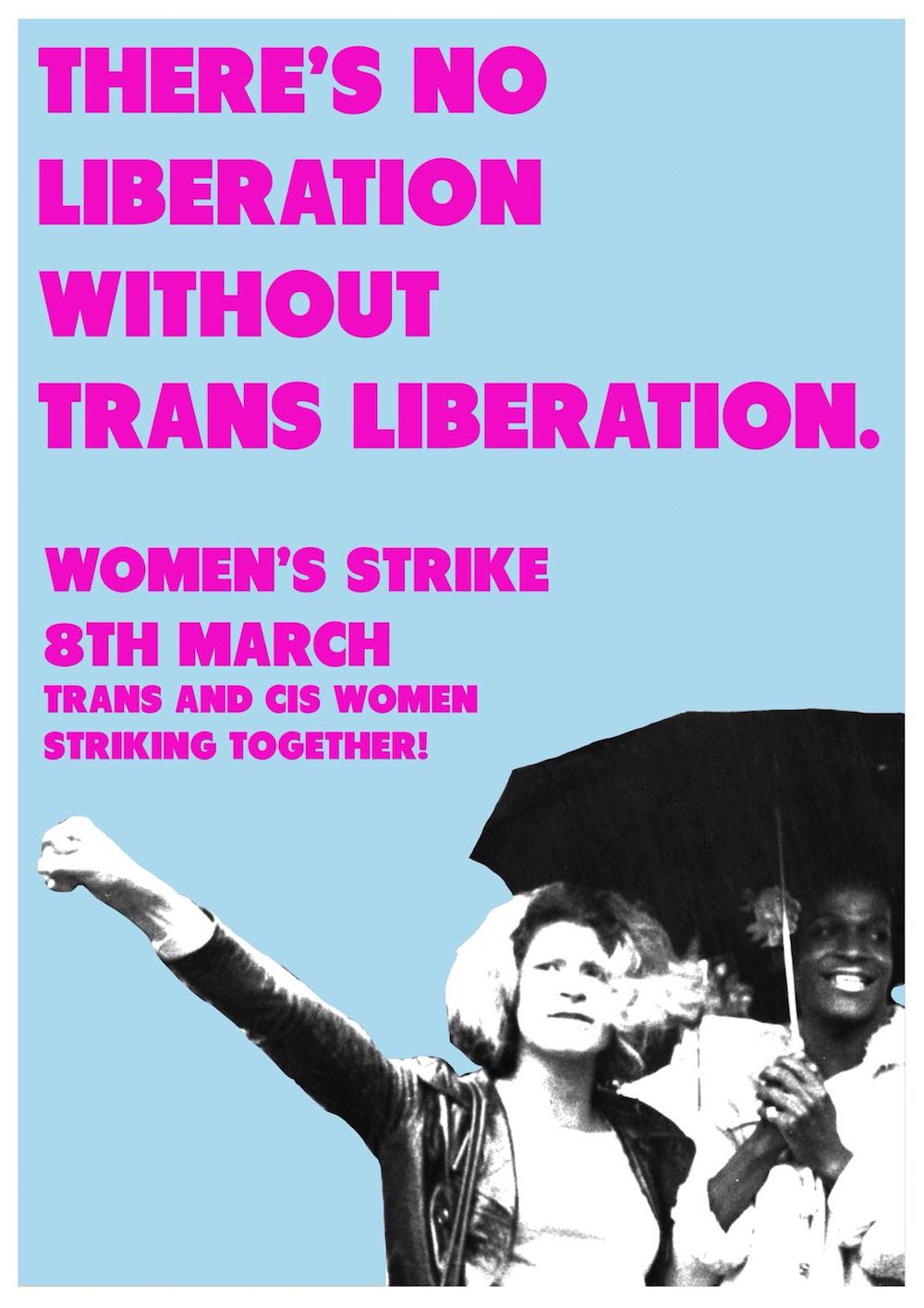
Helen Hester—associate professor of media and communication at the University of West London and the author of Xenofeminism
“This International Women’s Day, I’ll be joining feminists from Poland to the United States, Argentina to Ireland, and going on strike. The Women’s Strike is not simply the temporary refusal of paid work, although it happens to coincide with a swathe of industrial action across the UK (including strikes by university workers over pensions, by the Daily Mail’s migrant cleaning staff over pay, and by carers in Birmingham over redundancies and changes to working hours). Crucially, this strike encompasses unpaid labour––the cooking, cleaning, and caring that so often go unrecognised within our homes and neighbourhoods. The challenge facing the Women’s Strike, of course, is that even the temporary refusal of all such labour is impossible. This is work upon which lives may depend. As such, the strike must be seen as a call for the redistribution and revaluation of this work––as well as the rejection of those aspects of it which are at the service of capital rather than communities. This International Women’s Day, let’s demand the impossible.”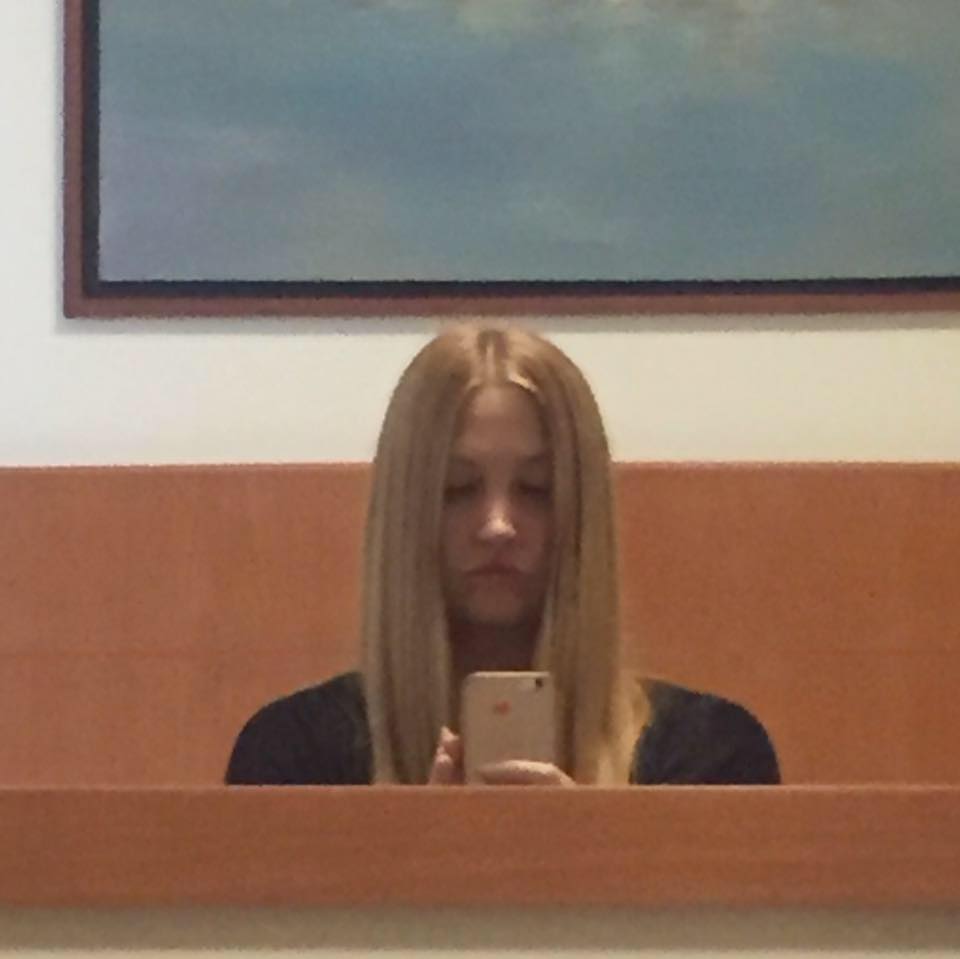 Lindsay Lawson—artist based in Berlin
Lindsay Lawson—artist based in Berlin
“I’ve never really paid much attention to International Women’s Day and I doubt having an official day of awareness does much to advance gender parity. After being asked to comment on IWD, I looked at the website for the first time. Its call to action suggests crowdsourcing supported by posting selfies with downloadable ‘selfie cards’, embedding the IWD widget that simply asks the user to tick a few boxes, use the ‘IWD event pack’ to brand spaces, and use the IWD logo on employee communications. When I think about International Women’s Day, my first question is who is benefiting from this exercise in branding?”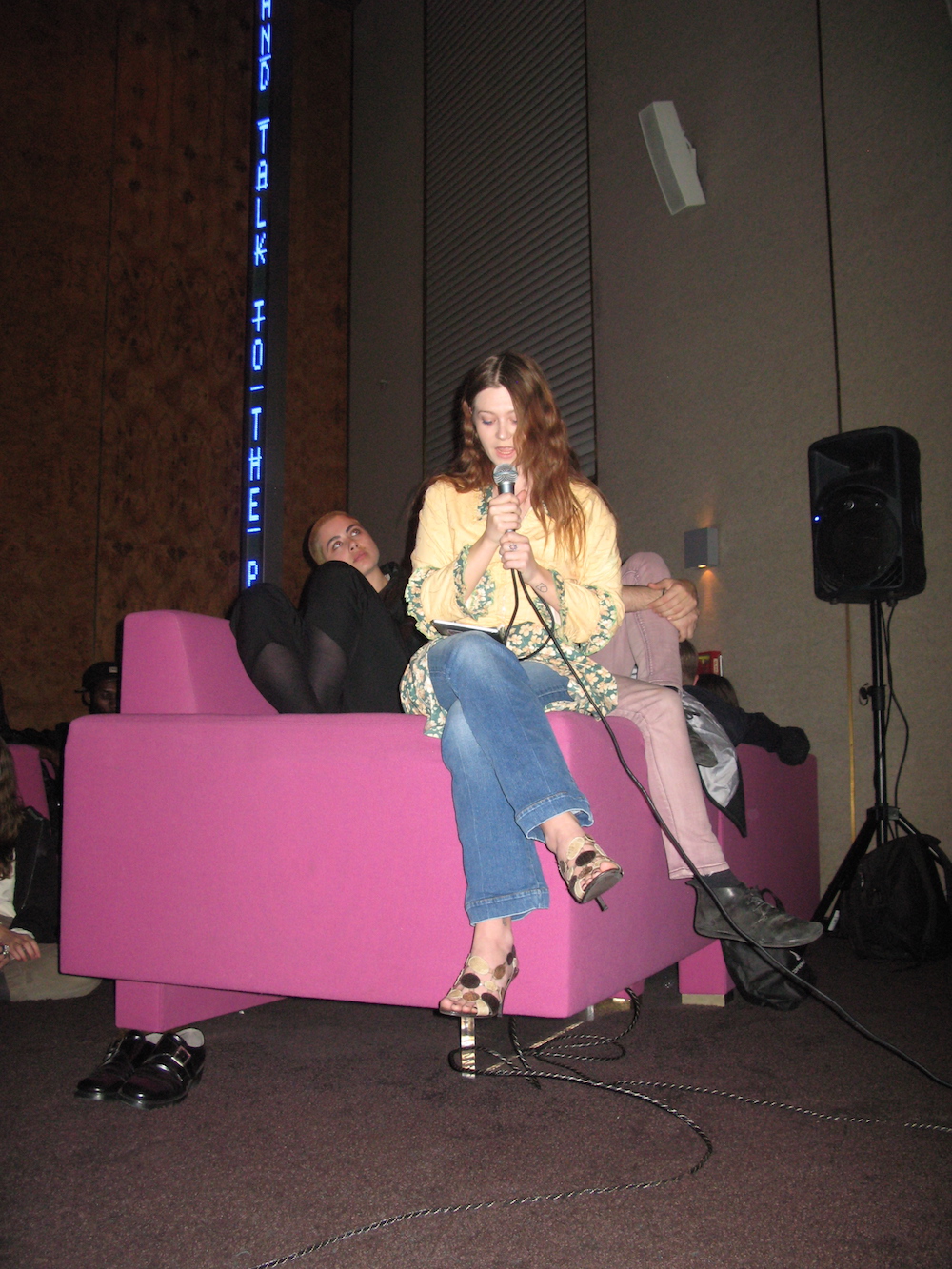 Fiona Duncan—writer, bookseller, and organizer based in LA
Fiona Duncan—writer, bookseller, and organizer based in LA
“My best friend in Canada, a Piscean Italian-Canadian art restorer, Monique, loves this one-liner: ‘Who decides?’ It was taught to us in an obligatory art history class in our undergrad, then it became a slogan of our rascally lives. Who decides a day is meaningful? Who decides others are not? I rarely know what day of the week it is, let alone a public holiday. I still don’t know who played at the Super Bowl, and I just learned it was the Olympics ’cause all my friends are Insta-storying ice dancers and figure skaters, which evidences what my father calls my ‘bubble’. ‘You live in a bubble,’ he says, and it’s true. My bubble is self-selected and mutually-supportive; femme, feminist, girly, fun. Every day is International Women’s Day.”
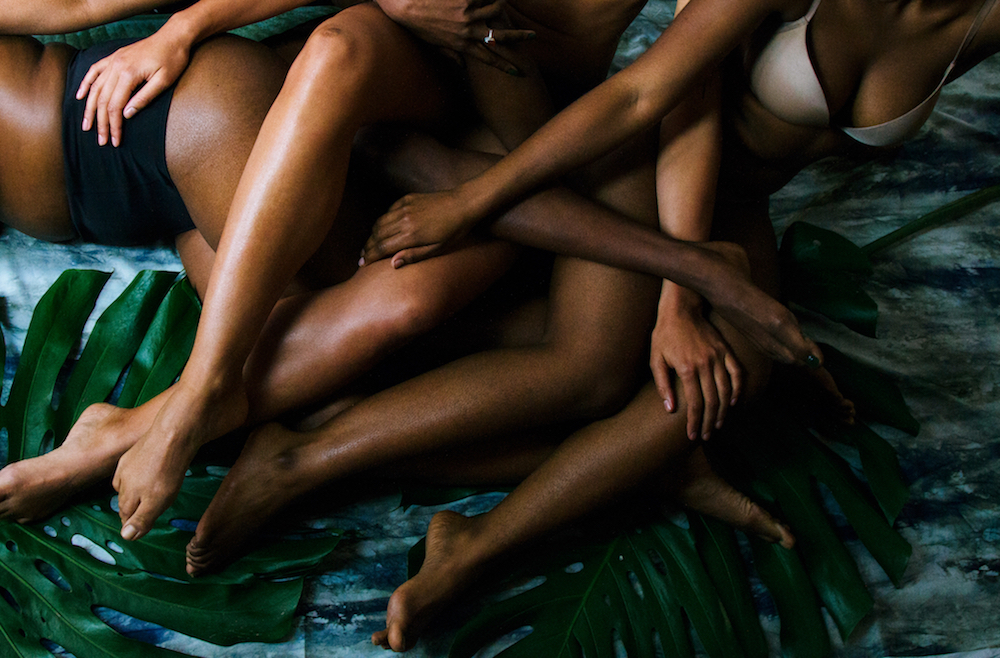
Jessica Lauren Elizabeth Taylor—artist and community organizer
“International Women’s Day has the potential to mean inclusion for all womxn, namely Black and POC trans womxn. There is an epidemic of violence against trans women. The average life expectancy of trans women is between 30 and 35 in North America. On this day and every day in addition to celebrating achievements and advancements, we must also advocate for basic civil rights and protection for all womxn. It seems simple but it’s a radical act to look after one another.”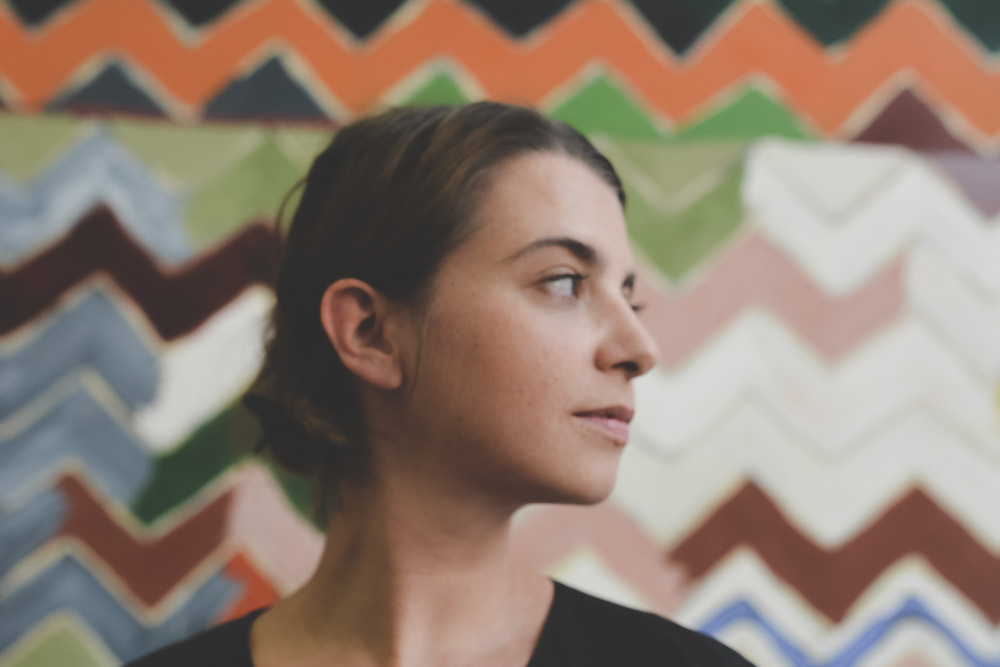 Laura Windhager—founding director of Gianni Manhattan
Laura Windhager—founding director of Gianni Manhattan
“The meaning of International Women’s Day for me has changed a lot in the wake of the #NotSurprised and #MeToo movements. What became so clear with #MeToo and #NotSurprised is how far away we still are from gender equality, from violence against women and abuse of power. But what also became clear is that our most powerful tool to fight (institutionalised) sexism might still be language.
Rebecca Solnit puts it perfectly: ‘Liberation is always in part a storytelling process: breaking stories, making new stories. A free person tells her own story. A valued person lives in a society in which her story has a place.’ Finding your voice allows for the decision to speak up, to participate, narrate, consent or dissent—and by ultimately redefining who is heard and who speaks, whose stories are valued, we redefine the society we live in.”
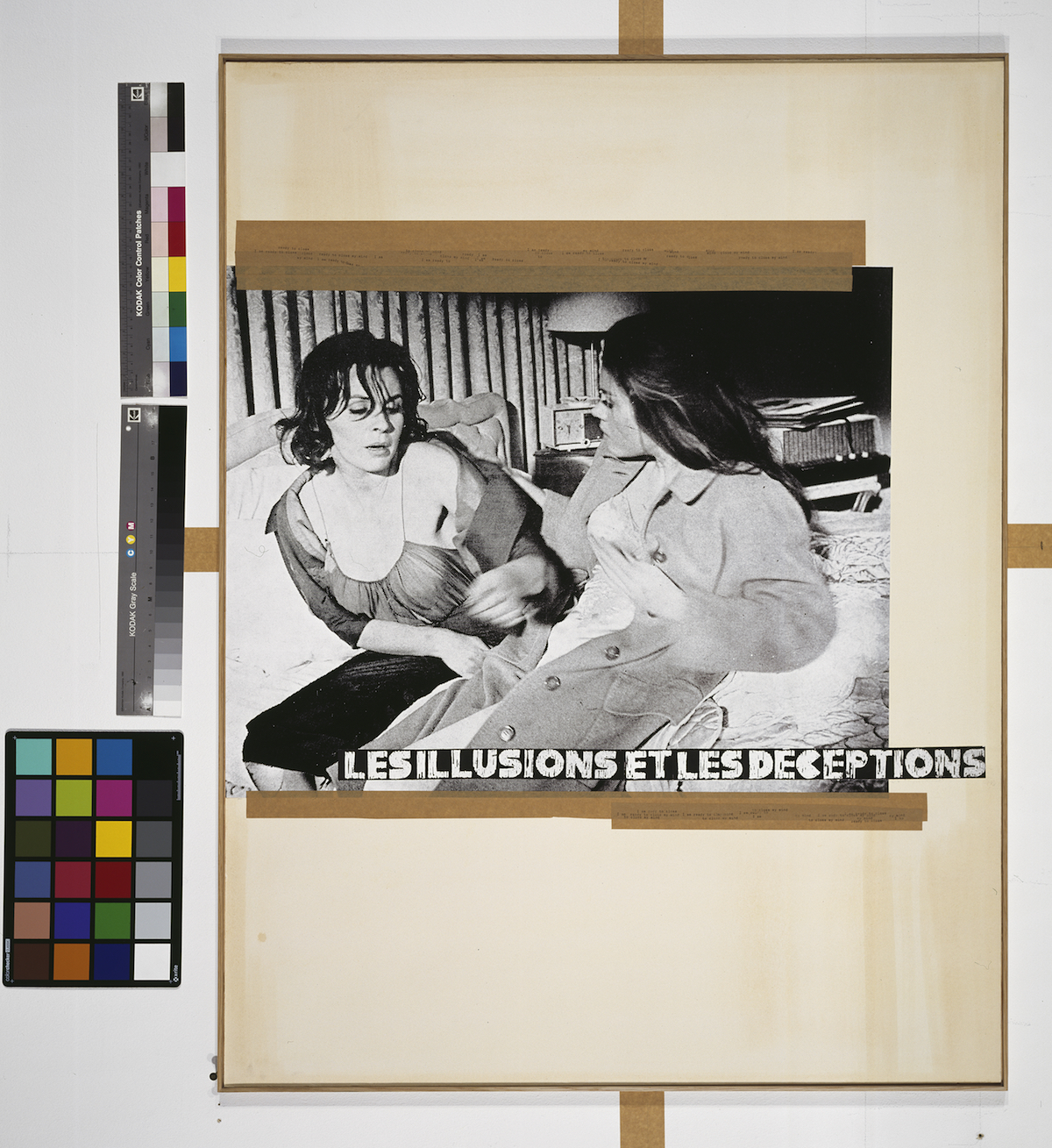
Astrid Klein—artist based in Germany
“To this day violence against women is a marginalised issue. Abuse happens daily and across the globe, and as long as our legal system protects the perpetrators, rather than supporting and protecting women, all the ‘International Women’s Days’ and ‘Days against Abuse of Women’ will not change the status quo. Although in 2011 the Istanbul Convention passed legally binding legislation aiming to protect women from violence, politicians continue to ignore this urgent need for action. It is depressing and fills me with rage and sadness to see that despite decades of courageous women fighting for female empowerment, the goal of an equal society is still so far out of reach. Women have to fight harder, solidarize and be empathetic with each other to raise pressure on society and politics. Only thus will we finally archive equality. I wish that in the future we will no longer need days like International Women’s Day to make people aware of the social injustices.”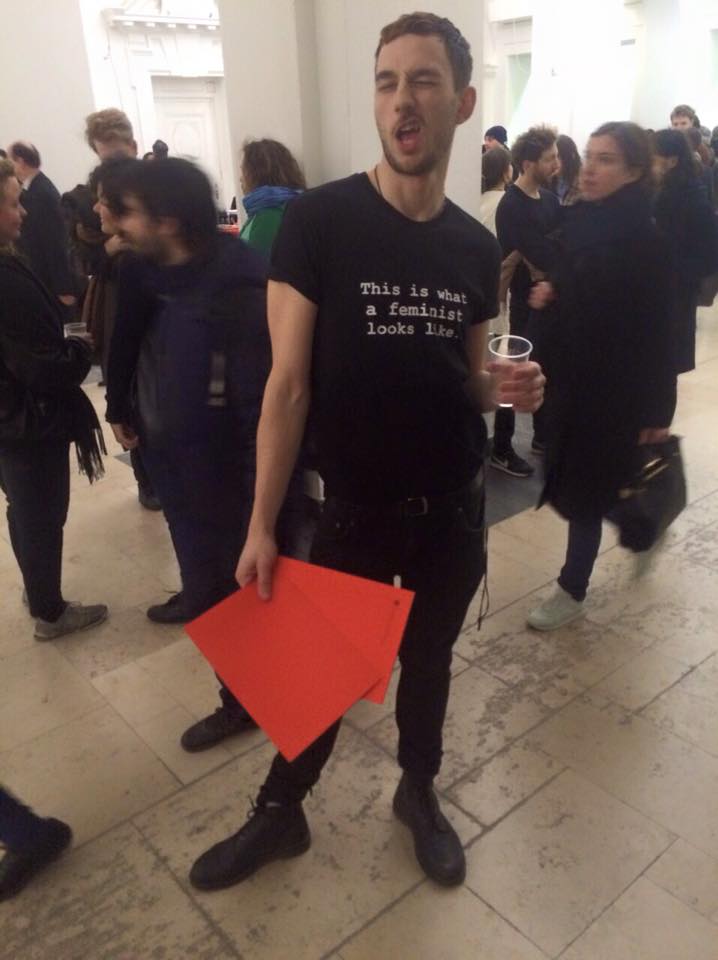 Miloš Trakilović—artist and writer based in Berlin
Miloš Trakilović—artist and writer based in Berlin
“I see International Women’s Day only as a symbolic act that commemorates the movements for women’s rights, but the actual cause extends, of course, far beyond just one day. For me it just serves as a reminder of ongoing struggles and aspirations that are still very actual and deeply rooted in feminist thought. I see feminism as a constant activist potential that celebrates equality and diversity, one not just limited to gender equality but an equality that extends far beyond human subjectivity and cuts across species and disciplines. A lot of ideas found, for example, in new materialist and posthumanist philosophies of today, actually hold their roots in feminism. For me feminism is an understanding of the world that is rebellious yet affirmative, one that can offer powerful alternatives, embedded and embodied, situated perspectives in how we form and define subjectivity. Above all, it challenges the belief that what currently exists must necessarily exist and this is, in my belief, something that should be practiced every day.”
